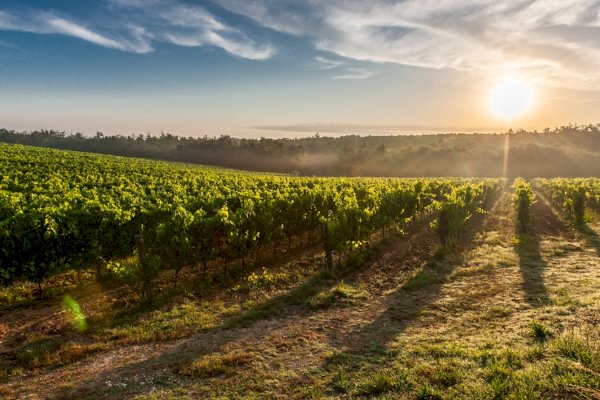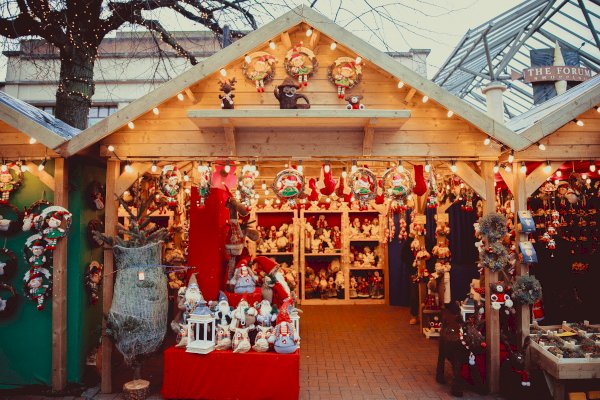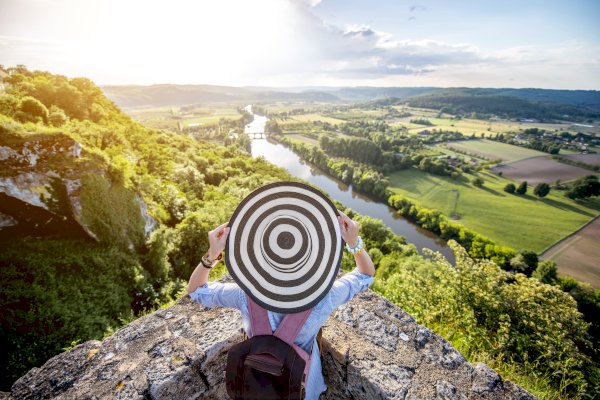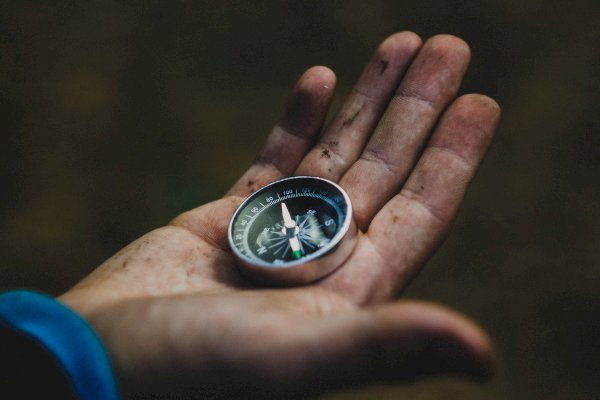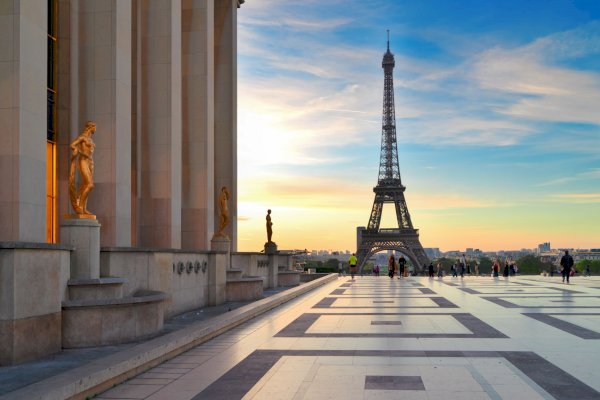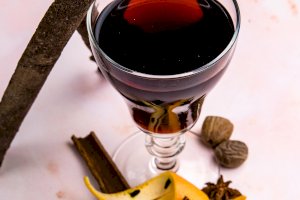
Why do we eat chocolate at Easter? The origins of the tradition.
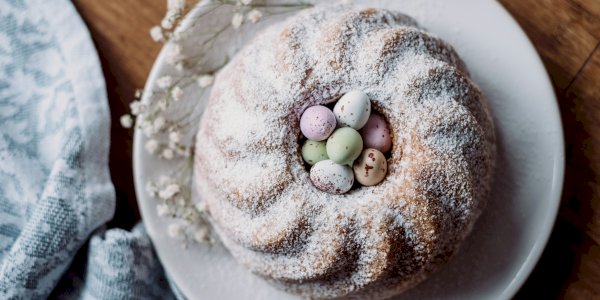
Let's delve into the fascinating origins of this delicious tradition.
An Ancient Symbol of Life: The Easter Egg
To understand the association between chocolate and Easter, we must first explore the ancient symbolism of the Easter egg. Long before Christianity, eggs were revered as symbols of new life and fertility during springtime celebrations. In ancient civilizations such as Persia and Egypt, people exchanged decorated eggs to welcome the arrival of spring, representing the rejuvenation of nature.
The Easter Egg in Christianity
When Christianity emerged, it incorporated existing customs into its own traditions. The Easter egg, with its profound symbolism of new life, seamlessly integrated into the Christian narrative of Easter. As Christians celebrate the resurrection of Jesus Christ during this time, the egg came to represent the promise of life renewed.
Lenten Fasting and Egg Abundance
During the Lenten season leading up to Easter, Christians traditionally observe a period of fasting and abstinence. Eggs were among the foods prohibited during Lent, leading to an accumulation of eggs by the end of the fasting period. When Lent concluded and Easter arrived, these surplus eggs became a central element of celebration, often decorated and shared as gifts.
Evolution into Chocolate Eggs
The transition from real eggs to chocolate eggs marked a significant evolution in the Easter tradition. In the 19th century, chocolatiers began crafting chocolate eggs to satisfy the growing demand for Easter confections. These chocolate eggs retained the symbolism of new life and abundance while offering a delectable treat for Easter festivities.
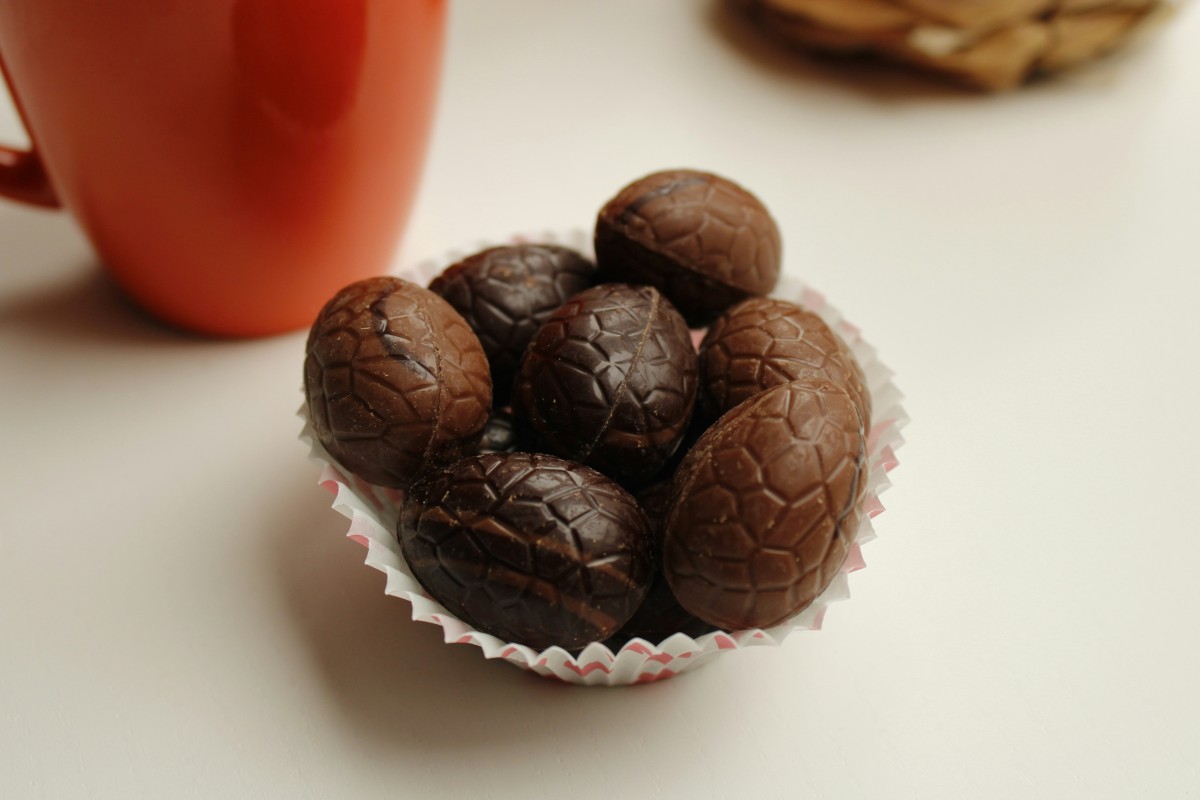
The Rise of Easter Chocolate
As chocolate-making techniques advanced, Easter chocolates became increasingly elaborate and widespread. From small chocolate eggs to intricate sculptures and novelty shapes, chocolatiers embraced creativity to capture the spirit of Easter. Today, Easter chocolates adorn store shelves and fill Easter baskets, delighting both children and adults alike.
The Easter Egg Hunt Tradition
The tradition of hunting for Easter eggs adds an element of excitement to the celebration. Children eagerly search for hidden chocolate eggs, reflecting the ancient practice of searching for eggs during springtime rituals. The Easter egg hunt brings families together and adds an element of fun to the holiday festivities.
Continued Enjoyment of Easter Chocolate
While the origins of the tradition may be rooted in ancient symbolism and Christian customs, the enjoyment of Easter chocolate transcends religious boundaries. Regardless of religious affiliation, many people around the world eagerly anticipate Easter as an opportunity to indulge in chocolate treats and celebrate the arrival of spring.
Conclusion
In conclusion, the tradition of eating chocolate at Easter is a delightful blend of ancient symbolism, Christian adaptation, and culinary innovation. From its humble origins as a symbol of new life to its modern incarnation as a beloved holiday treat, Easter chocolate continues to delight and bring joy to people of all ages. So as Easter approaches, let's embrace the tradition and indulge in the sweetness of chocolate, celebrating the spirit of renewal and abundance that defines this special time of year.
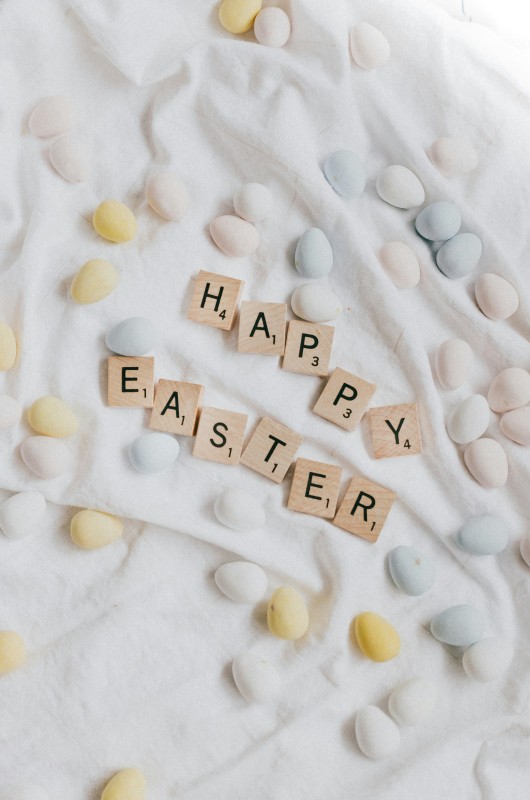

Secured payments

easy cancellation

 Please wait
Please wait







